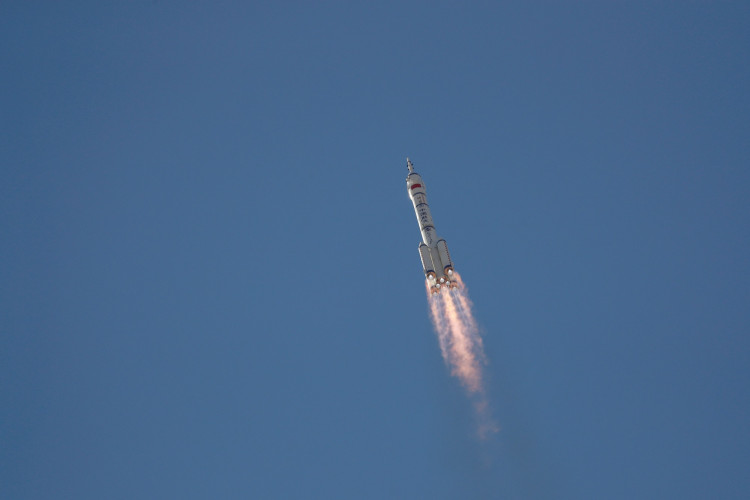Within the next few days, a 23-ton Chinese rocket body will fall to Earth in a yet-to-be-determined site.
The falling debris is the result of the China Manned Space Agency's third and final launch of a Tiangong space station module atop a Long March 5B heavy-lift rocket on Monday.
China did not perform a controlled deorbit of the rocket's core stage after its payload was deployed, as it has done in previous Long March 5B missions.
The majority of rockets are built so that their core stages crash shortly after takeoff into the sea or over uninhabited territory, or, in the case of SpaceX rockets, return to Earth for secure landings. China, however, allows the Long March 5B core stage to remain in orbit until drag causes it to crash in an uncontrolled manner.
"For those who've been tracking the previous versions of this: Here we go again," Ted Muelhaupt, a consultant with The Aerospace Corporation's Corporate Chief Engineer's Office, said during a briefing on Wednesday.
While Muelhaupt was quick to note that "nobody has to alter their lives because of this," he also stated that "88% of the world's population is at risk, and so 7 billion people are at risk" from the Chinese space junk descending on them.
This is not the first time something like this has happened. After surviving the fall through Earth's atmosphere, another Long March 5B weighing between 5.5 and 9.9 tons landed in the Indian Ocean in July. In April 2021, another Long March 5B plummeted into the Indian Ocean after China's space agency failed to perform a controlled deorbit. After the rocket's first launch in 2020, fragments of the vehicle's core stage are said to have landed in Ivory Coast.
More people are demanding the establishment of international regulations or standards to stop these uncontrolled Chinese reentries as they happen more frequently.
International rules regarding these kinds of re-entries are murky, according to Marlon Sorge, Executive Director of The Aerospace Corporation's Center for Orbital and Reentry Debris Studies (CORDS).
The national space agencies of China or any other recognized government agency have not responded to The Aerospace Corporation's ongoing monitoring and reporting of falling Long March 5B rocket bodies.
The panel of specialists from the Aerospace Corporation made sure to stress that they weren't trying to exaggerate the situation or spread fear.
"The answer is that you've got far better odds of winning the lottery tonight than you are getting hit by this object," Muelhaupt said. "The risk to an individual is six per 10 trillion. That's a really small number."






